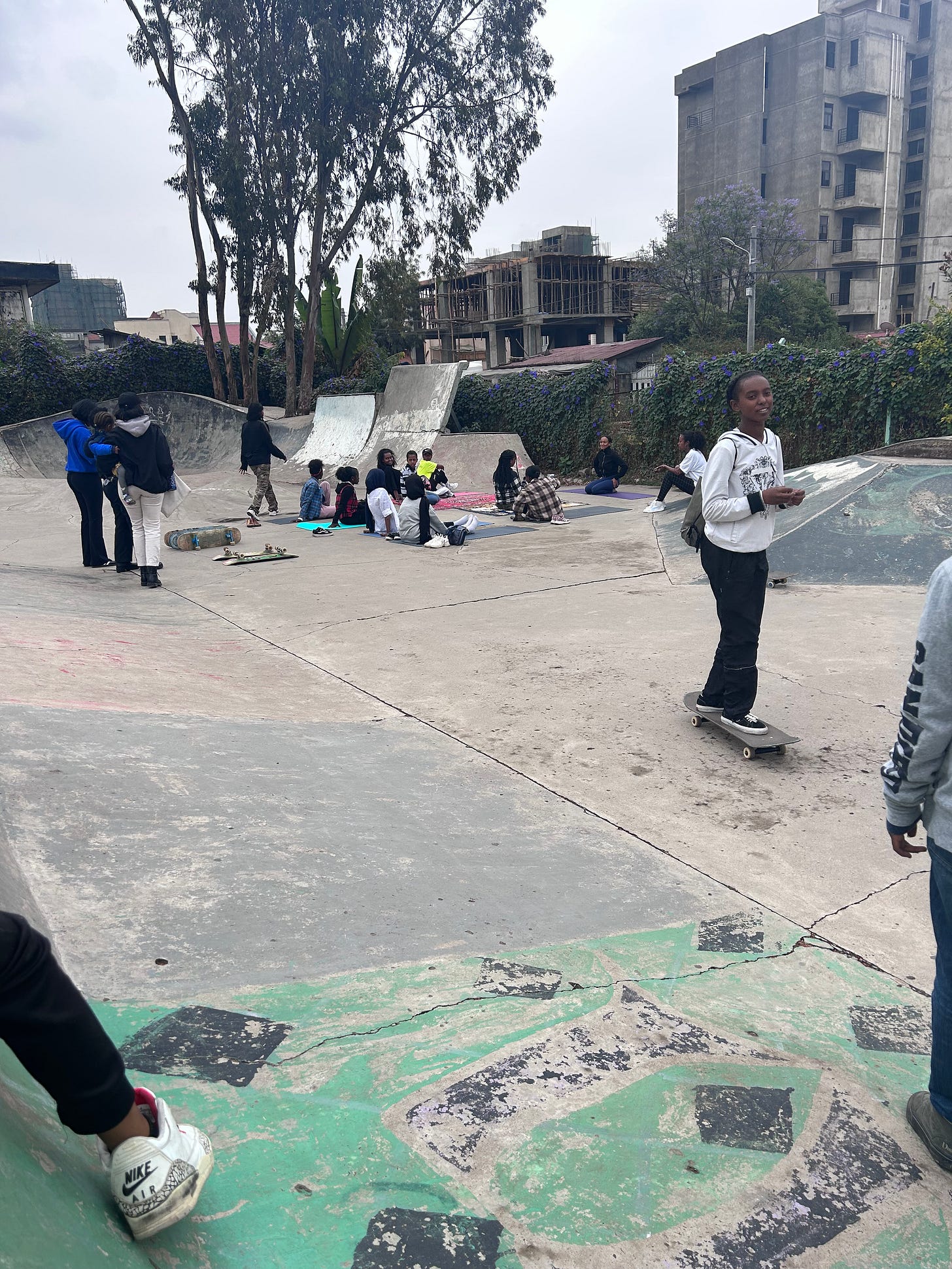Lately, I’ve been thinking about the word “sustainability.” It’s a big word these days. Climate change is making smart people think about sustainable farming practices, or sustainable long term waste management. The pandemic hopefully has people thinking about sustainable systems of care for our communities. The election has people talking about the sustainability of American democracy. Wars have people questioning the sustainability of whatever “peacetime” means in the country where war is business.
One of the things I have found comforting about Rastafari and ethnobotany practices are that both encourage a rejection of zero sum thinking. Seeds play a major role in both schools of thought, the yields of a harvest, the inevitable mutations of a living thing in a living environment. Naturalist philosophies are often exponential in nature, particularly given the observable exponential patterns of Earth’s ecosystem. If the universe is expanding, then we’d better expand with it!
But naturalism is not all beauty. One can just as easily scrounge together a parable about tigers eating their young as one could a river feeding the endless lush green of agrarian communal living. There are some philosophies that say finding beauty in one thing and ugliness in the other is itself the enemy; that the “preference” should be destroyed. That mostly gets associated with Vedic stuff (Shiva, Kali, dance of death, etc.) but they got that in Abrahamic faiths, too. I understand the premise but I think it’s normal — perhaps even healthy — to prefer clean water to being eaten by a tiger.
As someone who has had past issues with yielding control, I wonder often whether that illusion of control is the source of zero sum thinking. The idea that there’s an answer we haven’t found for how this place starts working like a perfect loop. They got those in science. Perfect, closed loop systems. According to the scientists and the scriptures, our universe is one of those, too. The Earth does not appear to have that going on at the moment. Seems like there are dozens of forces at odds with one another, in fact, and the loop is more like a gigantic web and the web is growing more complex.
Unlike the tiger vs. the river, though, I don’t think there is anything intrinsically better about a loop. It’s more satisfying, certainly, and requires less maintenance. When I was growing up there were infomercials for a countertop rotisserie machine that you saw when you stayed home sick from school. A guy in an apron would yell Set it, and! and the crowd would yell back Forget it! It cost multiple installments of $39 and my understanding from people who purchased the machine is that it did not work as advertised. We’ve got fourteen lamb chops in there.
A web’s complexity could be construed as worse if one considers the goal of life to be simplicity. I have desires for a simple life. Most people I know say they wish life could be simpler. Nobody seems to have an idea of what that means aside from being less stressed out. When I’ve told people that my faith is part of why I don’t get as stressed any more, they seem to get annoyed with me. Hey, you’re the one who asked for simplicity! I’m not saying I don’t also work on the other stuff — faith requires the opposite of abdication of responsibility — but fixing my inner frameworks won’t fix the world that broke my brain in the first place.
When I was a kid, I used to be so scared of dying and I think I still am. I’d certainly prefer not to, which is why I keep waking up every day. I understand the desire to eliminate preference, but it seems that lacking a preference for that is an unsustainable way of existing. People who talk about preference as something to be eliminated are nihilists. Instead, one should internalize the indifference felt by Igziabiher about one’s preferences — it is observably true that the Lord doesn’t care if I prefer a peaceful and inclusive society, for example — and get to work preferring life. Hopefully, the rest takes care of itself from there.





